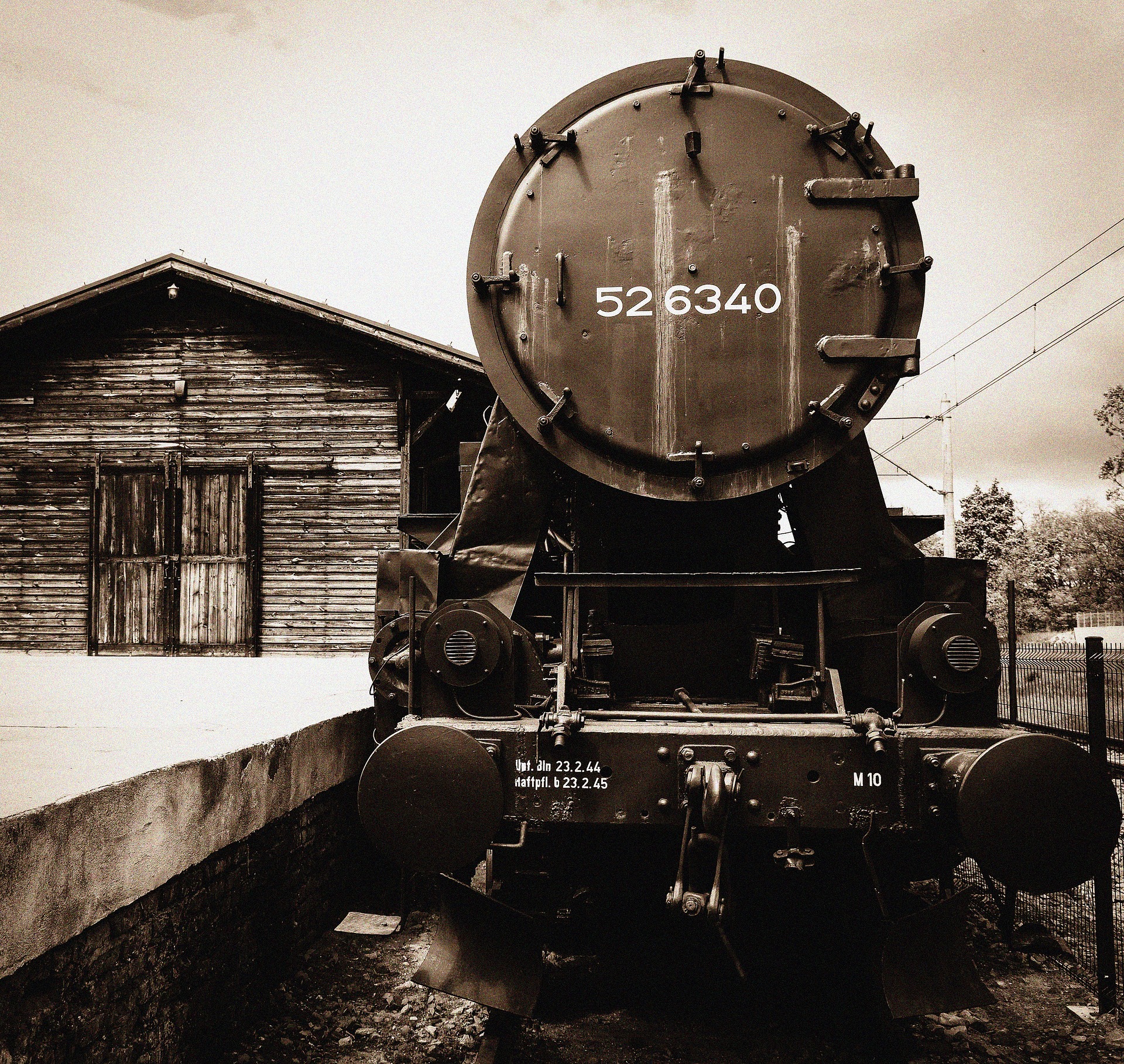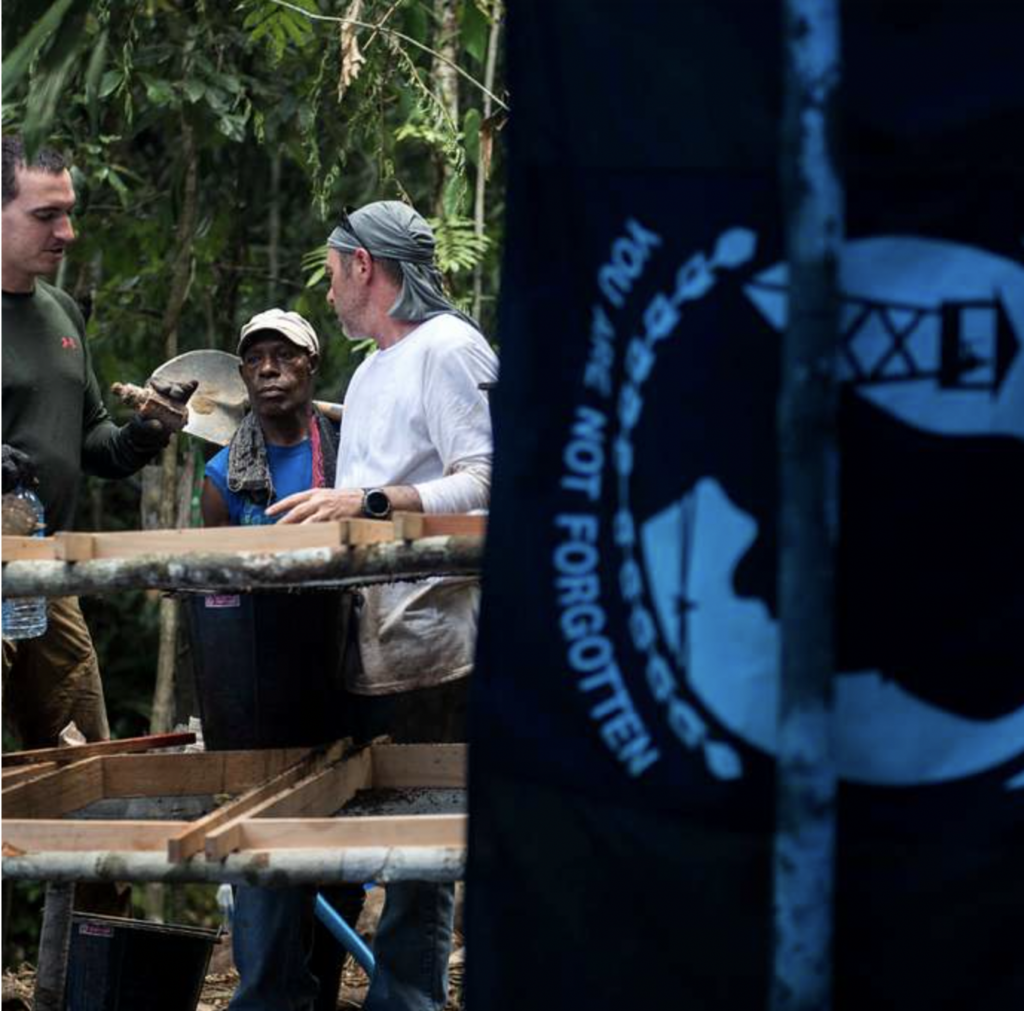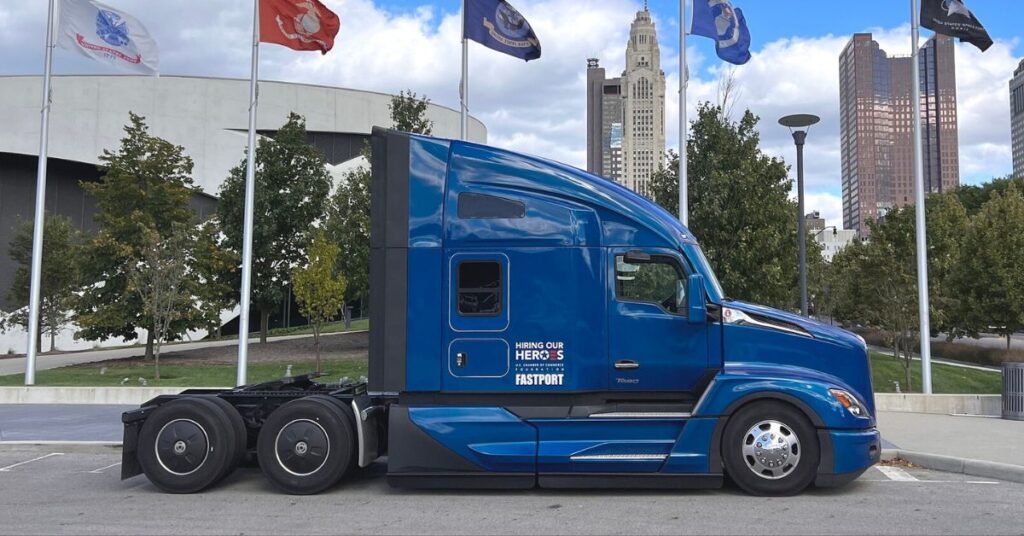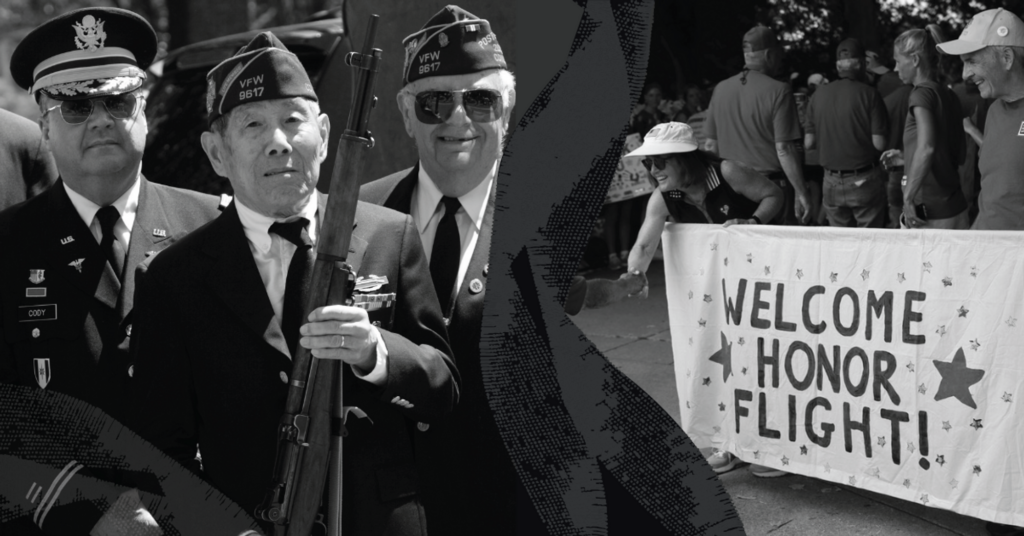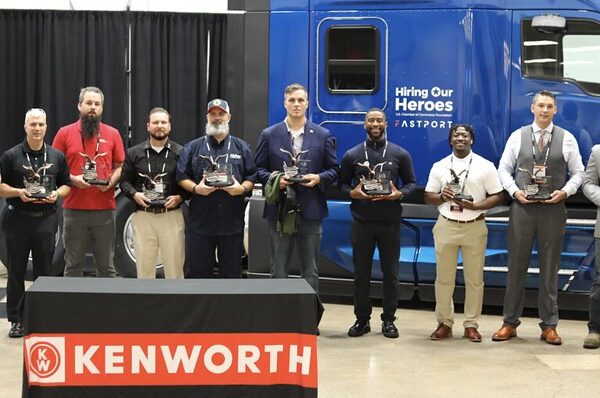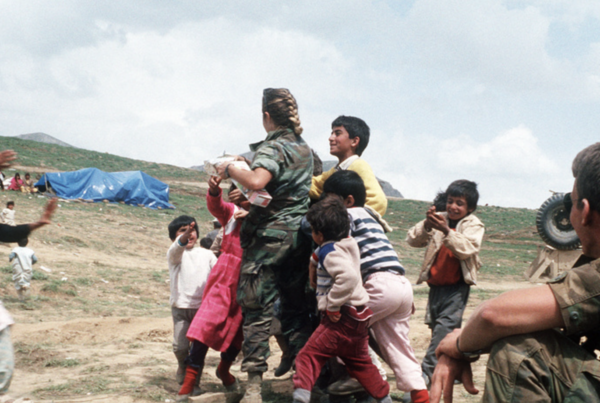As part of our ongoing Trucks of Peace series, VIT is highlighting the heroic role of military trucks on the frontlines delivering aid to countries in disaster and times of war.
This story first appeared on Marketplace.
A stalled train. A truck convoy. 2,500 Jews destined for death.
Frank Towers is no longer the young man he was the day that he and his fellow soldiers rescued 2,500 Jews from certain death.
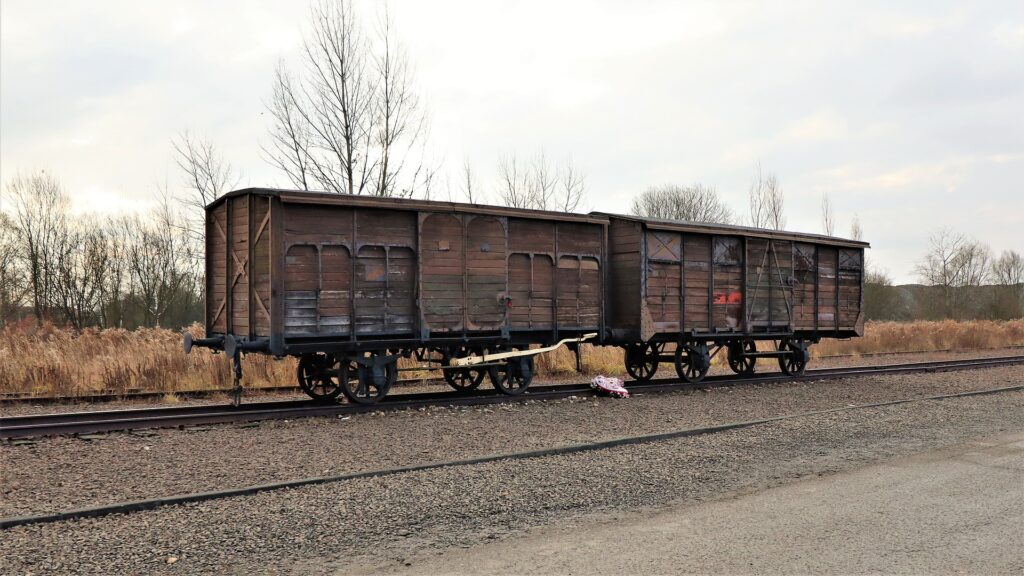
“We’d heard stories about the mistreatment of Jews, about them being tortured and being put to death,” said Frank Towers, who as a young Army first lieutenant helped rescue the Jews from the Nazi death train at the end of World War II.
“We didn’t believe one group of human beings could do that to another group of human beings,” he said. “It wasn’t until we saw this trainload of Jews that we believed.”
Liberating the Jews
“That’s when they learned the 743rd Tank Battalion had discovered a train that was stalled on tracks nearby in the small town of Farsleben. When they found the Jewish prisoners, they learned that they had been loaded into the boxcars in Bergen-Belsen, and were en route to Thersienstadt in Poland, where they would be killed as part of “the Final Solution.”’
Towers remembers that, “the prisoners had been stacked in the train cars like wood, so crowded they had no room to move around. During their six-day odyssey around Germany, their only bathroom facility was a bucket in the corner of each car. Since they couldn’t move, they had to let it run down their legs. The stench was unbearable.”
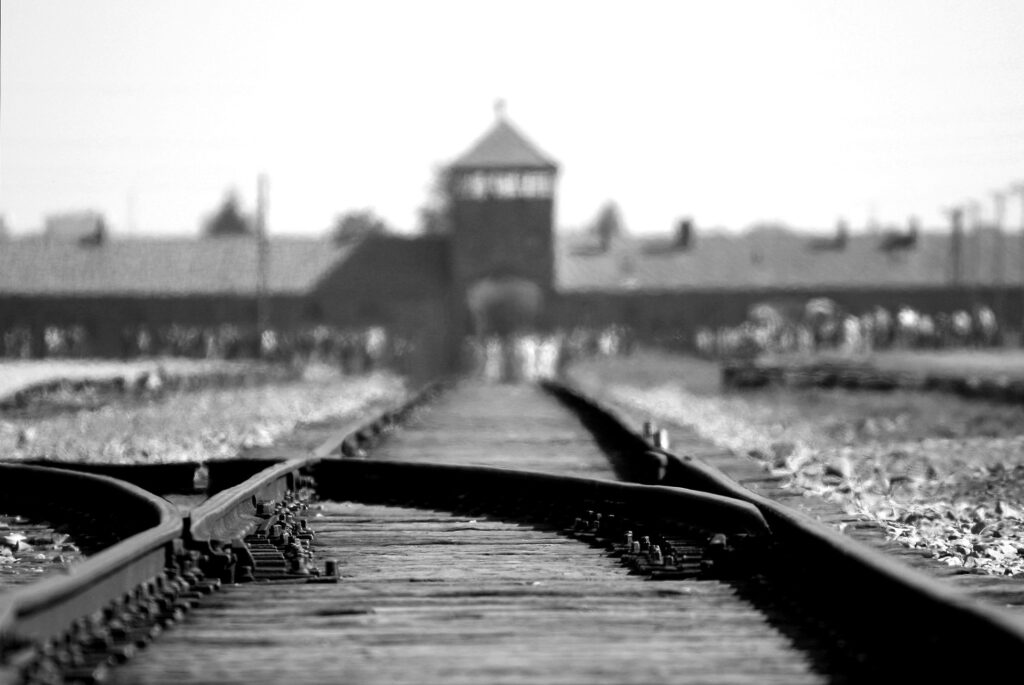
The Jews’ fear made rescuing them more difficult, “Jews were afraid to come out of the train because they didn’t know what worse fate might be in store for them, Towers said. As they moved forward to get out, the dead fell to the floor “and there wasn’t anything anyone could do.”
The Rescue Convoy
Towers led three truck convoys full of Jews to Hillersleben and turned them over to the U.S. military government there.
“The Jews were so full of lice and fleas that all of their clothing had to burned. They showered, and the people of Hillersleben brought them food and new clothes.”
“We don’t ever want to forget what happened to the Jews,” Towers said. “As the war was ending, the Germans tried “to hide evidence” of what they’d done in the concentration camps, and he said the people he helped rescue were destined for the gas chambers.”
“I feel happy and proud that I had a small part to play at giving them a second chance at life.”


